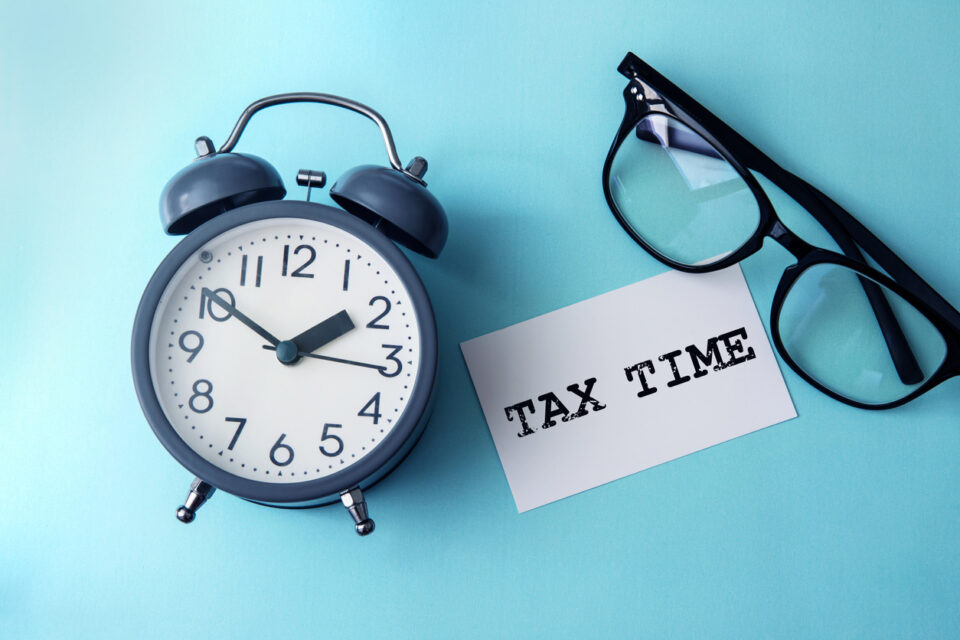What Do I Need to Know About the New Tax Filing Deadline?
Date
March 26, 2020
Read Time
2 minutes
Share

What’s the New Deadline?
In response to the COVID-19 pandemic, the U.S. Treasury and the IRS are providing taxpayers (e.g., individuals, trusts, estates, partnerships, and corporations) with extra time to file their federal income tax returns and pay their federal income tax liability. On March 20th, the IRS issued Notice 2020-18 stating that the April 15th deadline for filing income tax returns has been extended to July 15th.
What About My Refund?
If a taxpayer is expecting a refund, Treasury Secretary Mnuchin recommends filing a return as soon as possible as the IRS is still processing and sending out refunds.
Is There an Extension for Paying My Federal Income Tax Liability?
Yes, the Treasury and IRS have also extended the deadline for taxpayers to pay their federal income tax liability. Taxpayers can defer paying income taxes (including self-employment taxes) for the taxpayer’s 2019 liability as well as estimated tax payments for 2020 that would be due on April 15th, 2020. The deadline to pay these taxes is also July 15th, 2020.
Will I Incur Penalties or Interest on Deferred Amounts?
As long as taxpayers pay the amount due by July 15th, 2020, taxpayers will not incur penalties and interest on the deferred amounts. Importantly, this relief applies only to income and self-employment taxes; it does not apply to other federal taxes including employment taxes and excise taxes.
What About Illinois Income Taxes?
The Illinois Department of Revenue (“DOR”) has issued guidance stating that the due date for filing 2019 income tax returns has been extended to July 15th, 2020. Additionally, the deadline to pay income taxes for 2019 has also been extended to July 15th, 2020. This relief applies to all individual returns, trusts, and corporations. The relief does not extend to 2020 estimated tax payments that are due on April 15th, 2020 and June 15th, 2020. Taxpayers must still make estimated tax payments by these dates.
The DOR has also announced it will waive penalties and interest on late sales tax payments for the February, March and April reporting periods for those taxpayers that operate eating and drinking establishments and incurred a total sales tax liability of less than $75,000 in calendar year 2019.
These taxpayers must still file their returns by their original due dates. Taxpayers must also pay their February, March and April liabilities in four payments starting on May 20, 2020 (¼ on May 20, ¼ on June 22, ¼ on July 20 and ¼ on August 20).
For more resources and LP's response to COVID-19, visit this webpage.